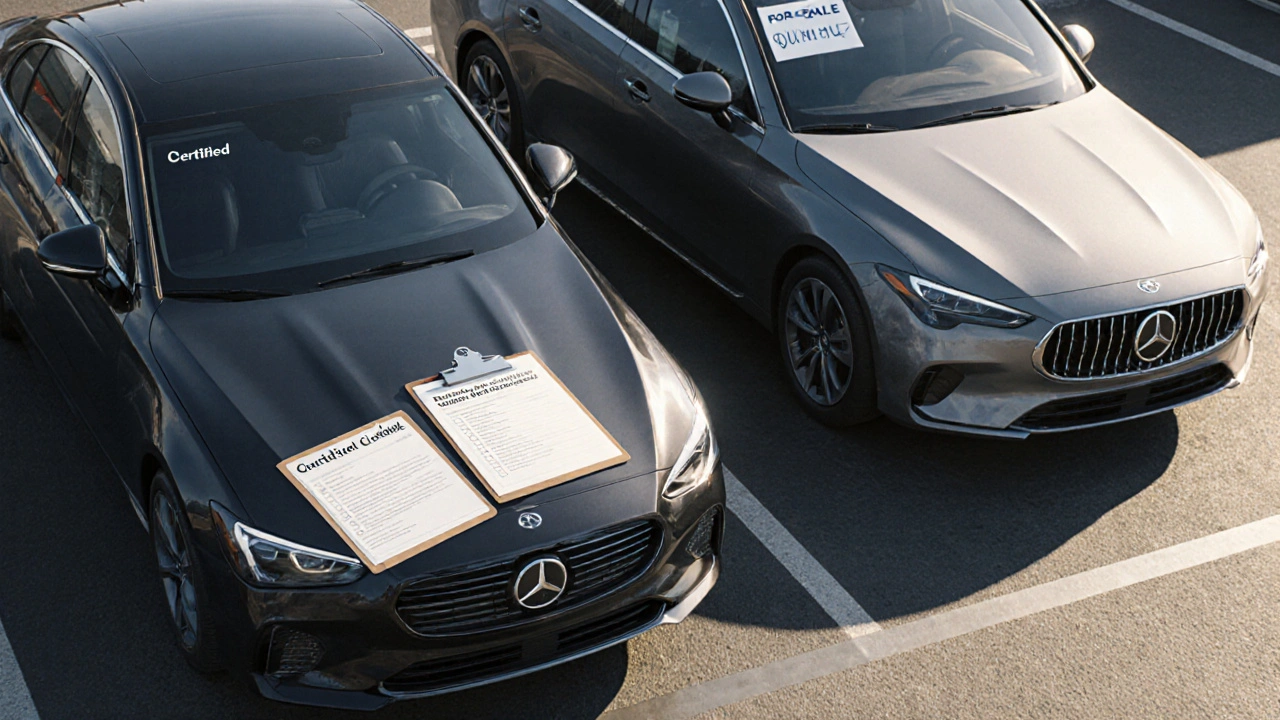Thinking about buying a car or simply want to keep your current ride in top shape? Getting a proper vehicle inspection is the smart move. It can save you from expensive surprises down the road and give you peace of mind about your car’s condition.
Vehicle inspection is more than just a quick glance. It’s a thorough check of the engine, brakes, tires, lights, fluids, and more. Whether you’re checking out a used car before buying or scheduling routine maintenance, knowing what inspectors look for helps you ask the right questions and spot red flags early.
A vehicle inspection uncovers hidden issues that might not be obvious when you test drive a car. Small problems like worn brake pads, oil leaks, or electrical glitches can turn into costly repairs if ignored. For buyers, inspections provide an unbiased report on the car’s health so you can decide if it’s worth the price.
For car owners, regular inspections keep your vehicle running safely and efficiently. Many insurance companies even require inspections to verify your car’s condition. Skipping inspections can lead to breakdowns or accidents that could have been prevented.
Don’t just trust any inspection report. Pick a certified mechanic or inspection service with good reviews and clear credentials. Some dealerships or private sellers offer inspection reports, but having an independent check is often wiser.
During the inspection, request detailed feedback about any repairs needed, parts nearing the end of their lifespan, and the overall vehicle rating. Good inspectors will explain things in plain language and let you know how urgent any issues are.
Remember that inspection costs vary, but paying for a solid evaluation can save you thousands later. If the inspection turns up serious faults, don’t be afraid to negotiate the price or walk away.
In short, vehicle inspections are your best defense against buying a lemon or letting small car problems get out of control. Whether buying, selling, or maintaining, a solid inspection is worth every penny.
Posted by
Liana Harrow
0 Comments

Learn the key differences between certified pre‑owned and pre‑owned cars, from inspections and warranties to pricing and resale value, so you can choose the right used vehicle.
read morePosted by
Liana Harrow
10 Comments

Why do some used cars get the certified pre-owned stamp while others never make the cut? This article breaks down how dealerships decide which cars to certify, the factory standards behind certification, and why this matters for buyers. Get real-world tips on what to look for if you're shopping CPO and insider details on what makes a car eligible (or not). You'll learn how things like accident history, age, mileage, and maintenance come into play. If you're wondering about buying a CPO car, this will help you understand the whole process.
read more